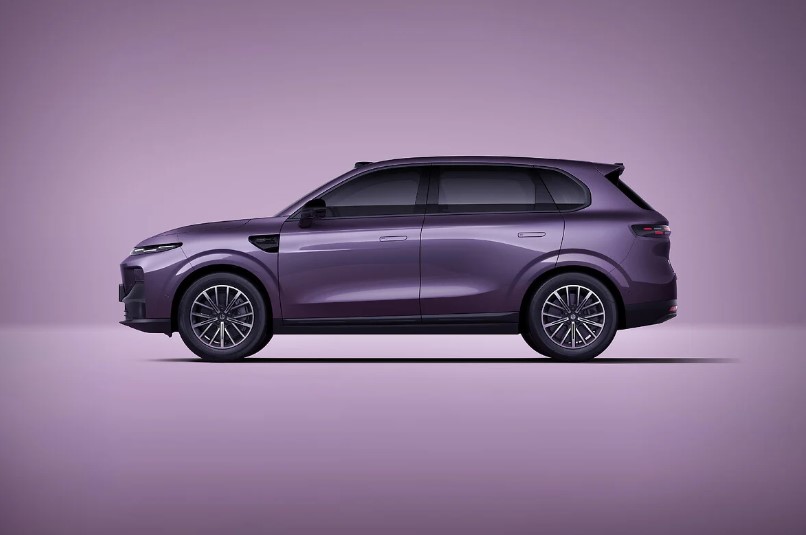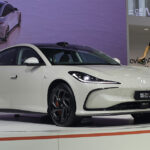In 2025, European carmakers are set to launch more affordable electric vehicles (EVs) priced around EUR20,000 ($21,000), a significant drop from the average price of EVs in Europe in 2023. This move is expected to boost EV demand in the region, which had seen a recent decline in adoption. Brands like Citroën, Fiat, and Renault are gearing up to introduce budget-friendly EV options to cater to a wider audience.
Meanwhile, China is poised to lead the way in Level 4 autonomous driving on a commercial scale. The country’s provincial governments have created a favorable regulatory environment and offer supportive subsidies to attract industry leaders in the autonomous vehicle (AV) sector. By mid-2024, China had selected 21 cities for an AV pilot program, showcasing its commitment to advancing autonomous driving technology.
Advancements in battery technology are anticipated to pave the way for the commercial viability of electric vertical take-off and landing (eVTOL) mobility in the next 12 to 18 months. The unique challenges of eVTOL batteries, which require more energy for take-off and landing than during flight, are expected to be addressed with breakthroughs in battery technology.
China is set to maintain its dominance in the global EV market in 2025, bolstered by its access to raw materials for EV batteries and competitive pricing in battery electric vehicles (BEVs). Chinese OEMs continue to target the European market, with brands like Chery, BYD, and MG (owned by SAIC Group) making significant inroads in the region.
Japan and South Korea are leading the race for hydrogen-powered vehicles in Asia, showcasing a commitment to zero-emission technology. While global BEV sales saw a slowdown in growth in 2024, there is optimism for the future, with consumers exploring other powertrain options like plug-in hybrids (PHEVs) and full hybrids (FHEVs).
Europe’s automakers and suppliers are expected to grapple with overcapacity and restructuring challenges, as concerns over manufacturing costs and global competitiveness persist. The integration of Generative AI (GenAI) into vehicles is set to enhance the customer experience, with leading vehicle makers incorporating the technology into voice assistants for more natural interactions and improved functionality.
Overall, the automotive industry is poised for significant developments in 2025, with a focus on affordability, autonomy, battery technology, and AI integration, shaping the future of mobility.







